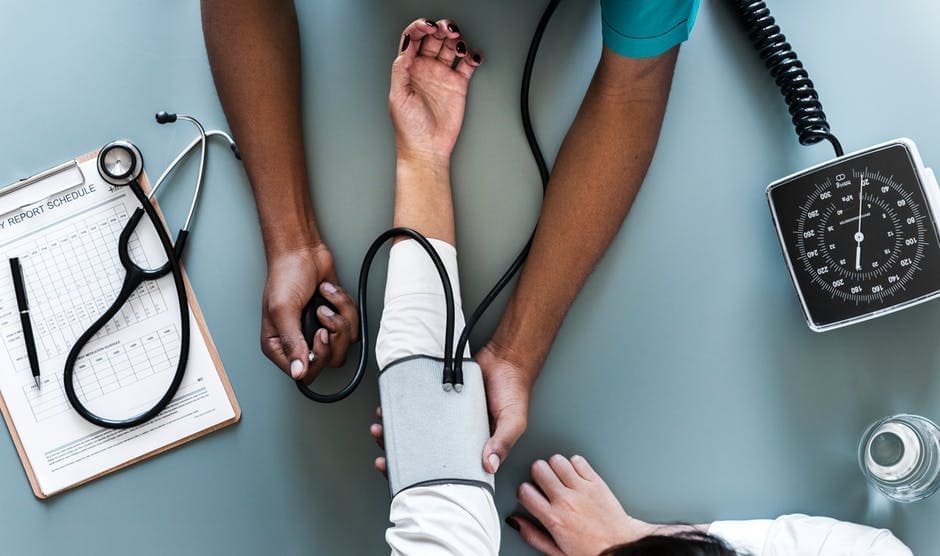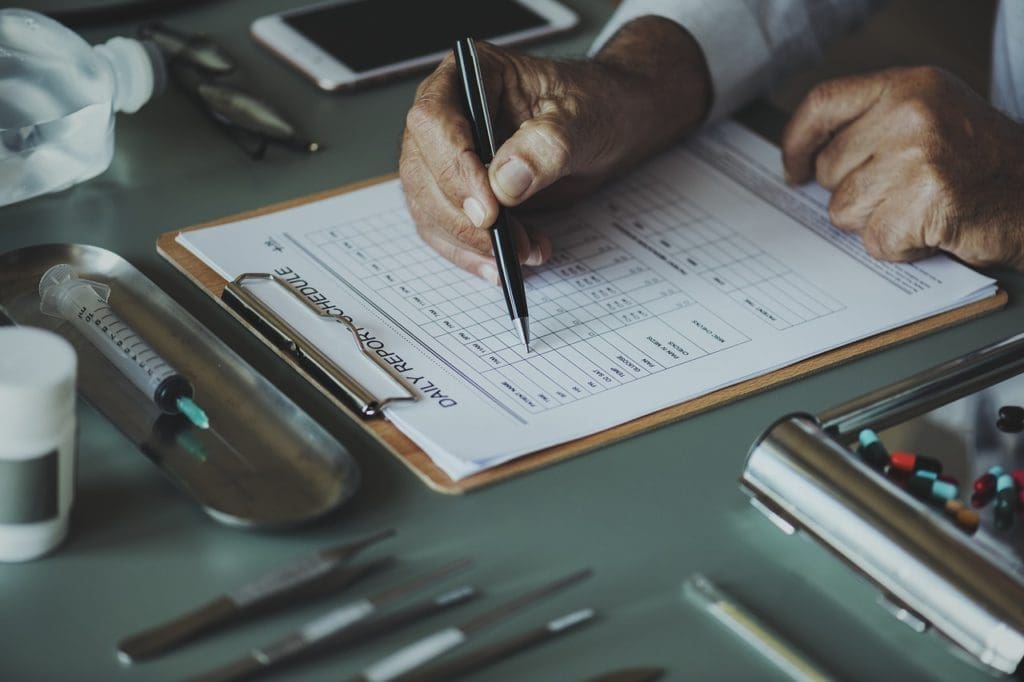Health means different things to different people and the goals differ from person to person. For some, health is all about losing weight. For a few more it is about building muscles and maintaining a healthy body. Yet there are others who think happiness is health. Whatever be your definition of health, health is still the most important part of everyone’s life.
Good health always begins with prevention. As important it is to establish good health habits and lead a balanced lifestyle, it is also important to include regular check-ups as a part of your prevention routine. It can help you monitor your health, while keeping track of your health goals.
The main aim of health checks is to identify, prevent, or reduce the effects of diseases and ailments. It is like getting your car serviced instead of getting it repaired after a break down. It is always better to avoid potential problems rather than suffer. Health checks give your healthcare professionals an opportunity to take a glimpse at your medical history and tell you if there are any changes you need to make to keep your lifestyle healthy.
Advantages of regular health checks
Regular health checks can have several advantages:
- They help you understand your health needs and figure out ways to cater to them in the best way possible
- They identify potential health risk factors and let you make improvements before it becomes too late.
- They enable you to monitor your existing conditions and minimize the risks of complications
- They help you reduce your healthcare costs by eliminating the need for costly medical treatments
- They enable you to take steps to improve your health, strengthen your immunity, cater to your health deficiencies, and increase your life span
Regular health checks give you total control over your health, helping you enjoy the peace of mind that can keep you happy at all times.
Health Checks at Different Life Stages
These are a few health checks that you may need at different stages of your life.
Between the ages 20 and 40:
- Blood pressure Monitoring
- Full Blood Count test
- Monitoring of glucose and cholesterol levels
- Getting your BMI estimated
- Measuring waist and hip
- Checking for any symptoms of skin cancer
- Regular dental checks and cleaning of teeth
- Breast self-checks for women
- Testes self-checks for men
If you are sexually active, you may even want to get screened for sexually transmitted infections if any. Women should go for a pap smear test, once every two years or so.
Between the ages of 40 and 50:
Apart from the checks that are prescribed for those aged between 20 and 30, you will also have to get the following tests done:
- Risk assessment for Type 2 Diabetes
- Cardiovascular Risk Assessment
- Eye checks for glaucoma
- Mammogram for women
Between the ages of 50 and 70:
Apart from the 40 plus checks, you will also have to consider
- FOBT (Faecal occult blood test) for bowel cancer screening
- Osteoporosis Risk Assessment
- Tests for hearing impairment and visual acuity
Getting tested for fibroids is something women of all ages should do. If you or someone you know is suffering from fibroids, you can ask them to consult the fibroid experts at VIVA EVE.
Image credits; Image credits





